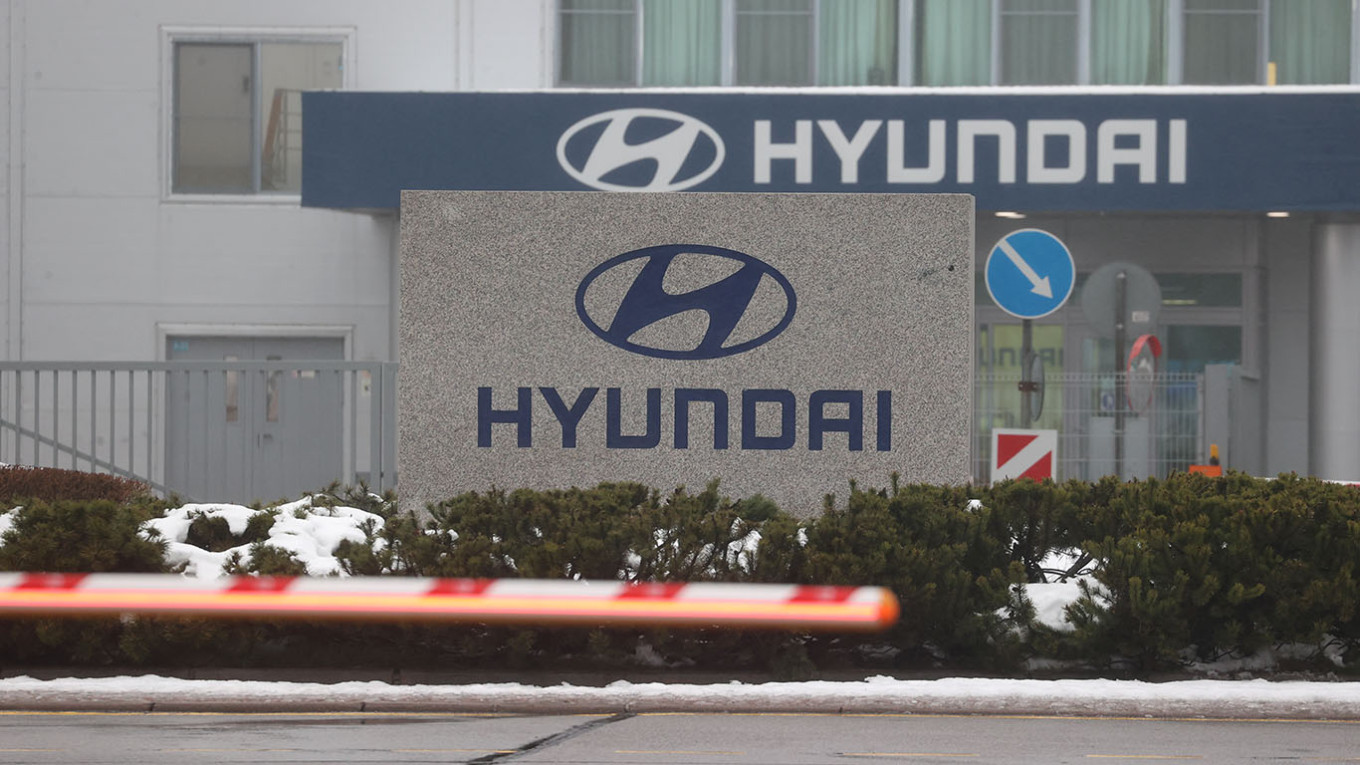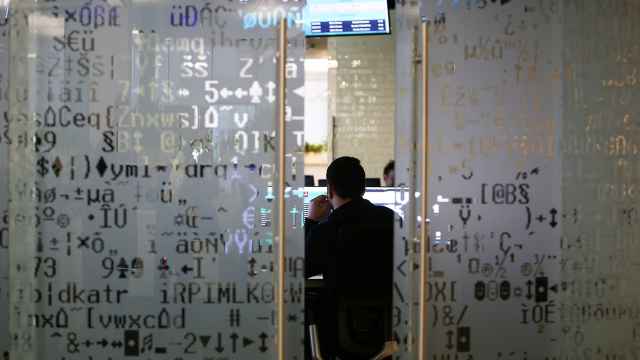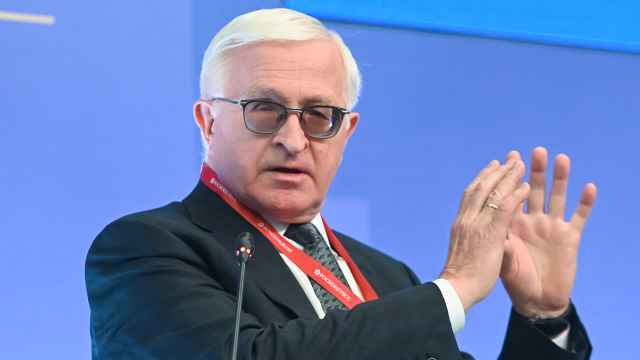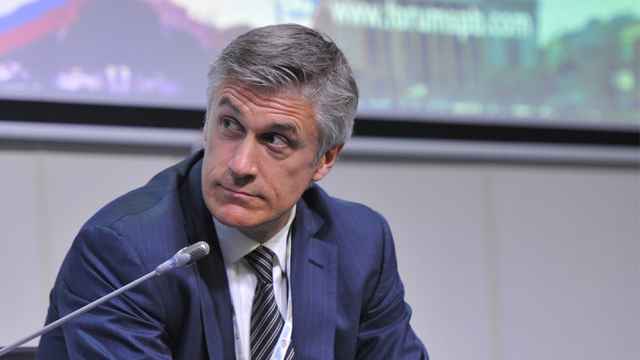Major South Korean companies are taking steps to resume business in Russia as Ukraine ceasefire negotiations raise the possibility of sanctions relief, The Korea Times reported Friday, citing anonymous industry officials.
LG Electronics recently restarted operations at its plant near Moscow, which had been suspended since August 2022. The company, a major producer of televisions, washing machines and refrigerators, halted shipments to Russia in March 2022 following the invasion of Ukraine.
“The move is aimed at preventing deterioration of production facilities that have been idle since the outbreak of the war,” an LG official was quoted as saying.
Samsung Electronics, LG’s main rival, has increased its marketing spending in Russia, with expenses between January and February up 30% from the same period last year.
Samsung halted production at its TV, monitor and washing machine factory in the Kaluga region in 2022 and reportedly leased some of its manufacturing lines to local companies. Despite the suspension, Samsung products have remained available in Russia through a sanctions-evasion mechanism known as “parallel imports.”
Hyundai Motor Group faces a 2025 deadline to exercise a buyback option for its St. Petersburg plant, which it sold for 10,000 rubles ($120) in December 2023.
All three South Korean companies have emphasized that their actions remain preliminary and depend on future developments with the war in Ukraine and sanctions.
Meanwhile, Russian officials, including President Vladimir Putin, have warned of protectionist measures against foreign businesses seeking to return.
Hyundai and Samsung said they were assessing the feasibility of operating in a post-war Russian market, while LG Electronics CEO Cho Jot-wan and an unnamed Hyundai official said they were “closely monitoring” U.S.-Russian negotiations before making any final decisions.
Since South Korean firms exited the Russian market, Chinese competitors have significantly expanded their presence, with Chinese automakers controlling 62% of Russia’s car market in 2024.
“Any efforts to resume business are likely to follow once the war ends,” an official from an unspecified South Korean conglomerate was quoted as saying.
“It remains uncertain which sanctions will be lifted during peace negotiations and how Korean firms can regain the market share that Chinese companies have expanded,” they added.
Russia was South Korea’s 12th-largest export market in 2021, with bilateral trade totaling $29.9 billion.
A Message from The Moscow Times:
Dear readers,
We are facing unprecedented challenges. Russia's Prosecutor General's Office has designated The Moscow Times as an "undesirable" organization, criminalizing our work and putting our staff at risk of prosecution. This follows our earlier unjust labeling as a "foreign agent."
These actions are direct attempts to silence independent journalism in Russia. The authorities claim our work "discredits the decisions of the Russian leadership." We see things differently: we strive to provide accurate, unbiased reporting on Russia.
We, the journalists of The Moscow Times, refuse to be silenced. But to continue our work, we need your help.
Your support, no matter how small, makes a world of difference. If you can, please support us monthly starting from just $2. It's quick to set up, and every contribution makes a significant impact.
By supporting The Moscow Times, you're defending open, independent journalism in the face of repression. Thank you for standing with us.
Remind me later.






